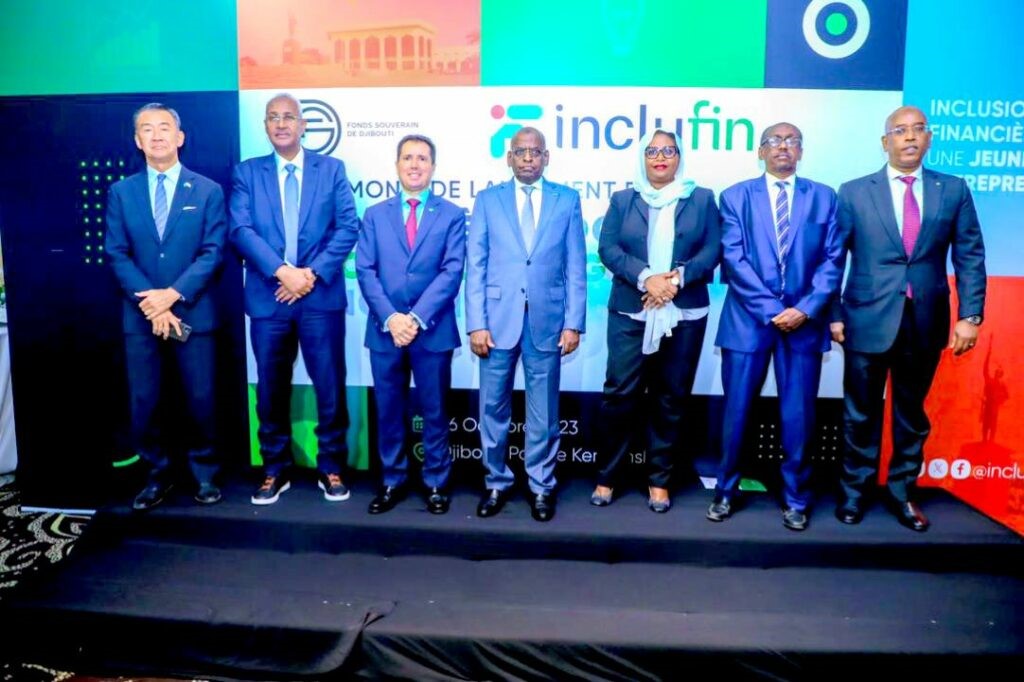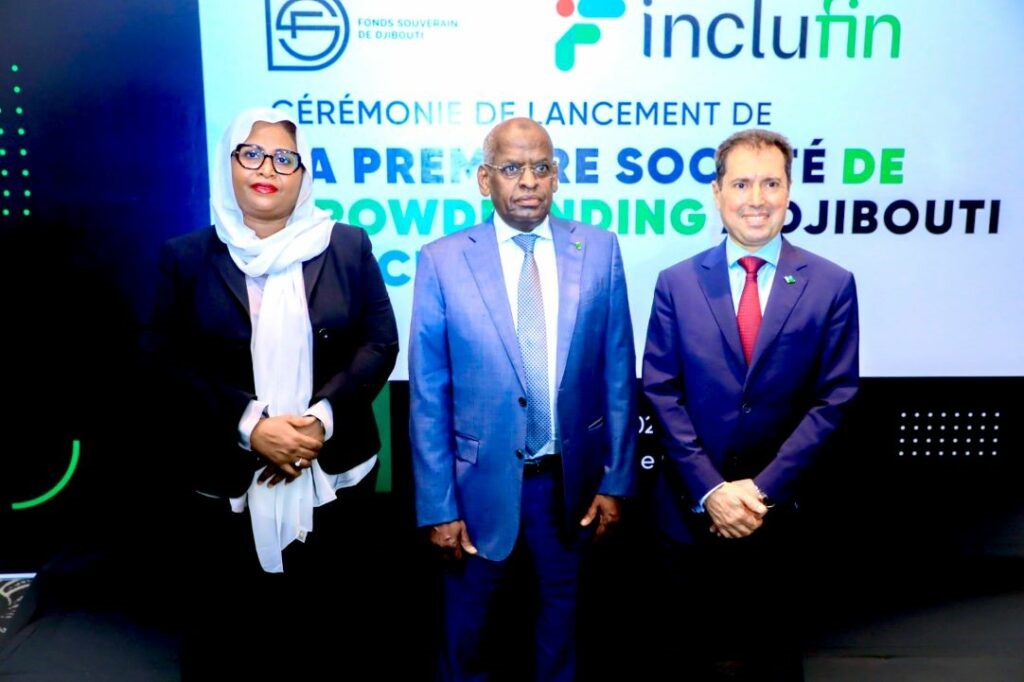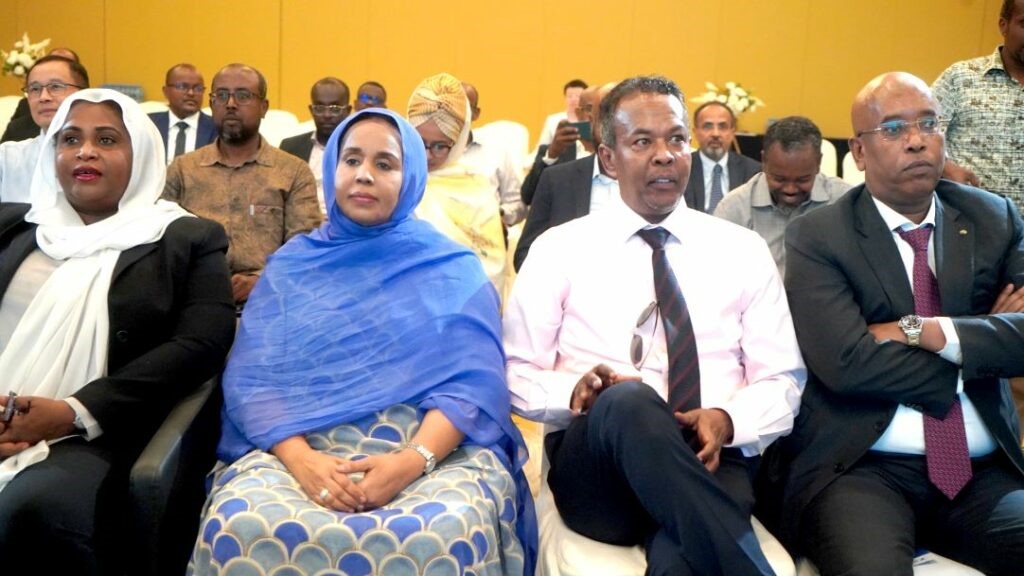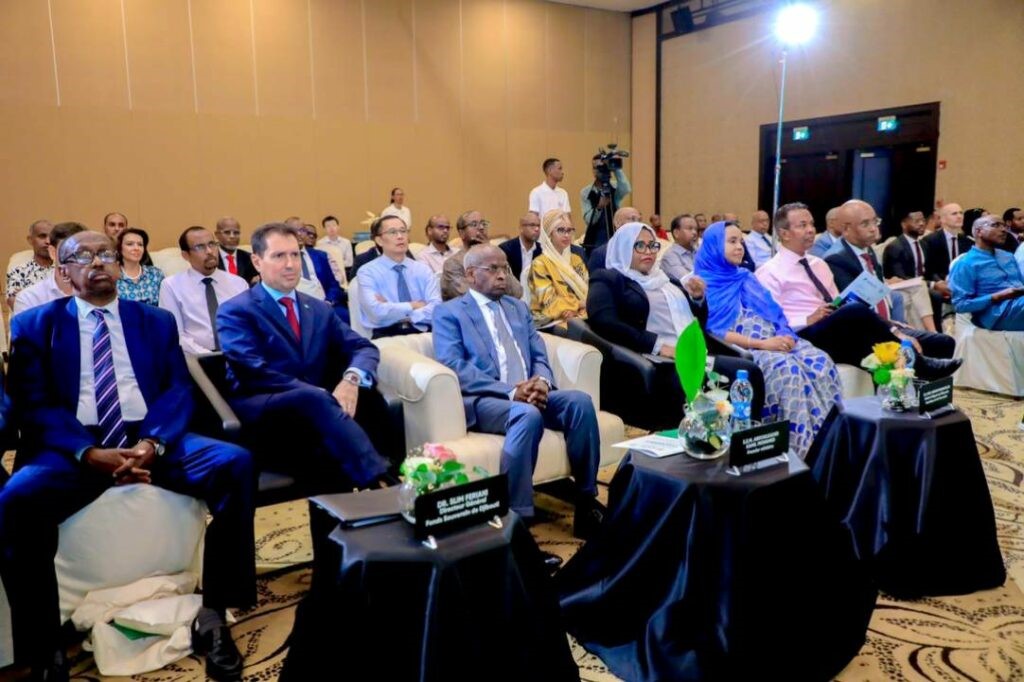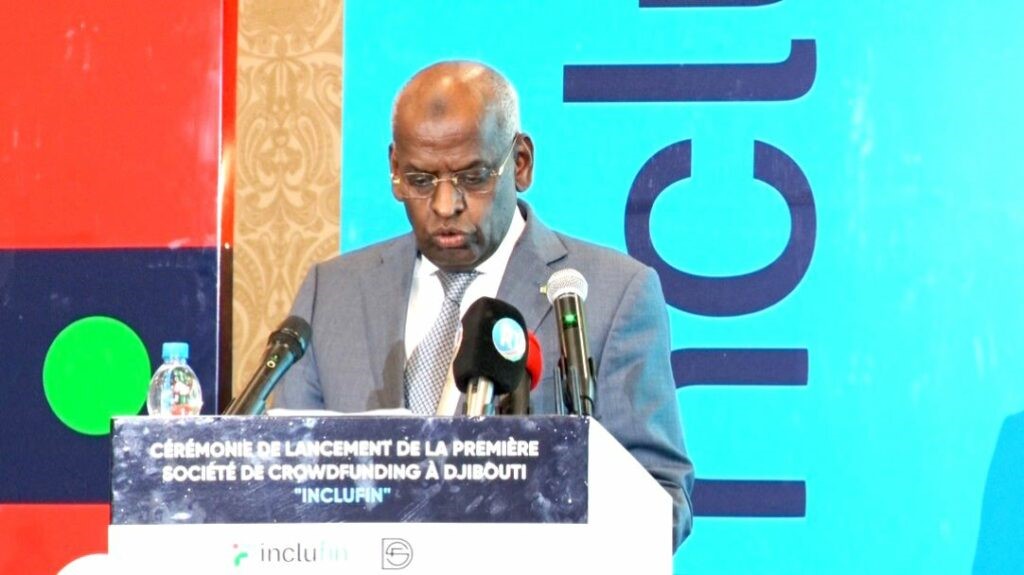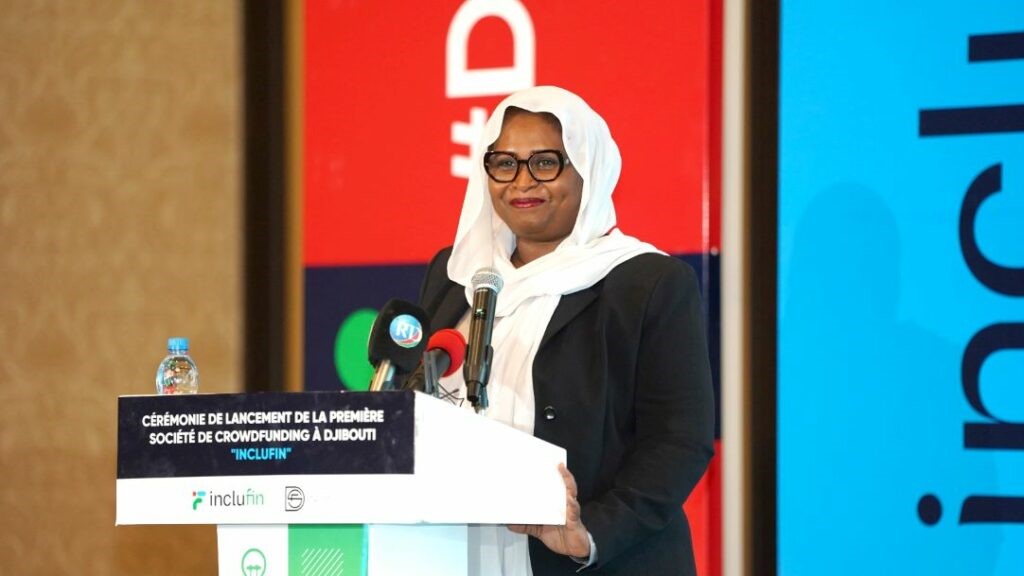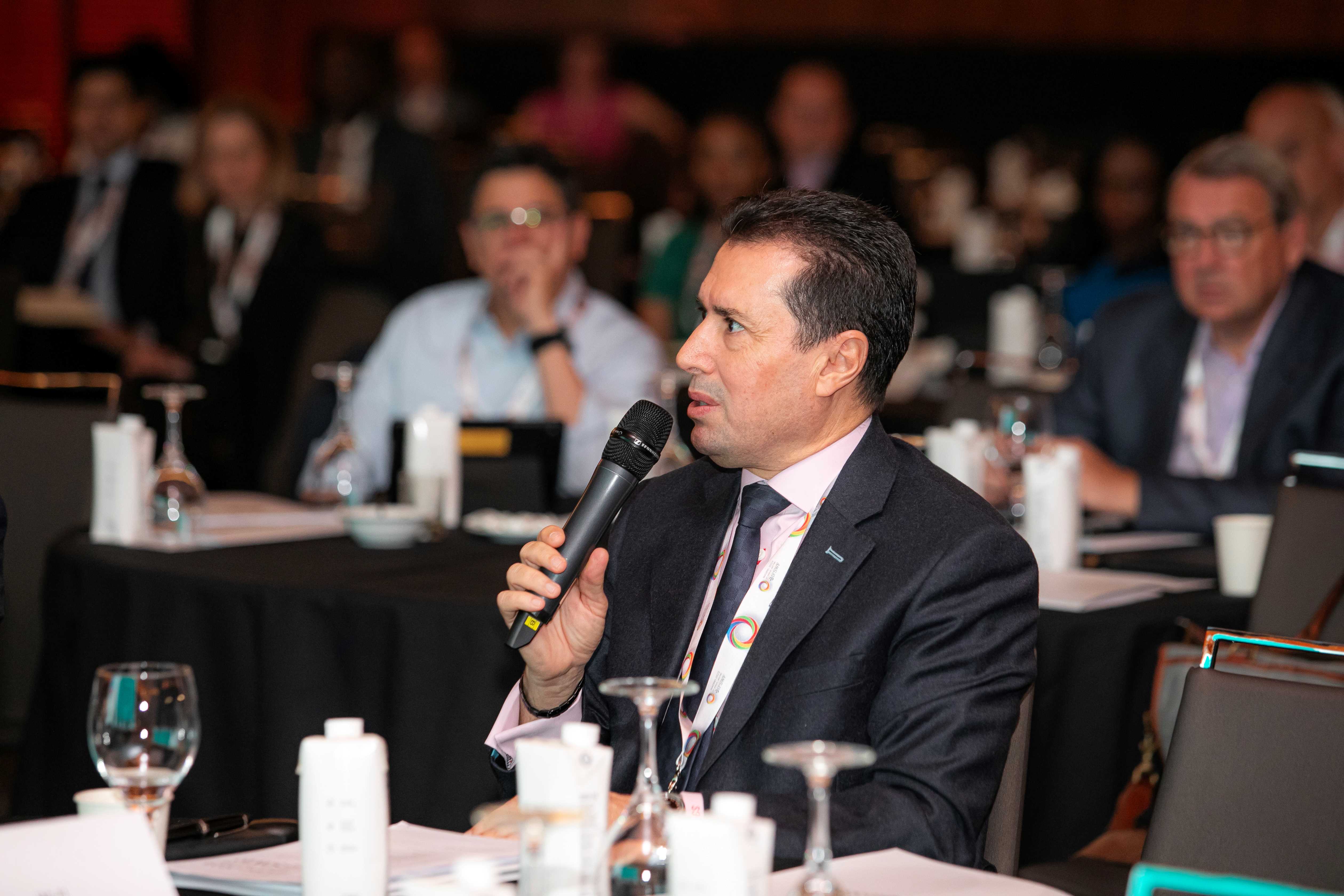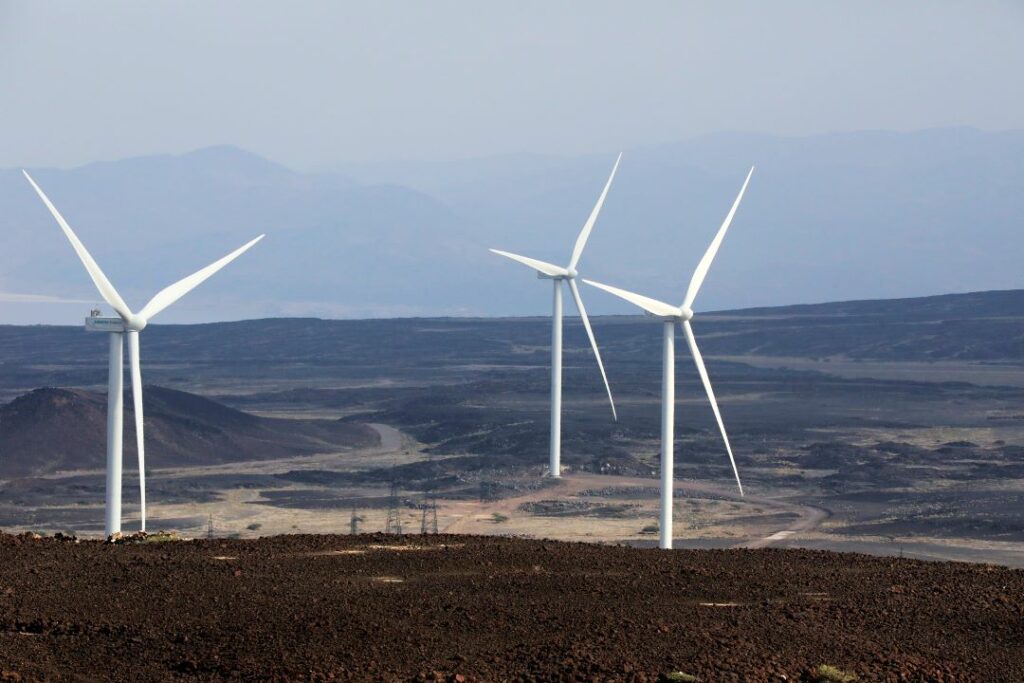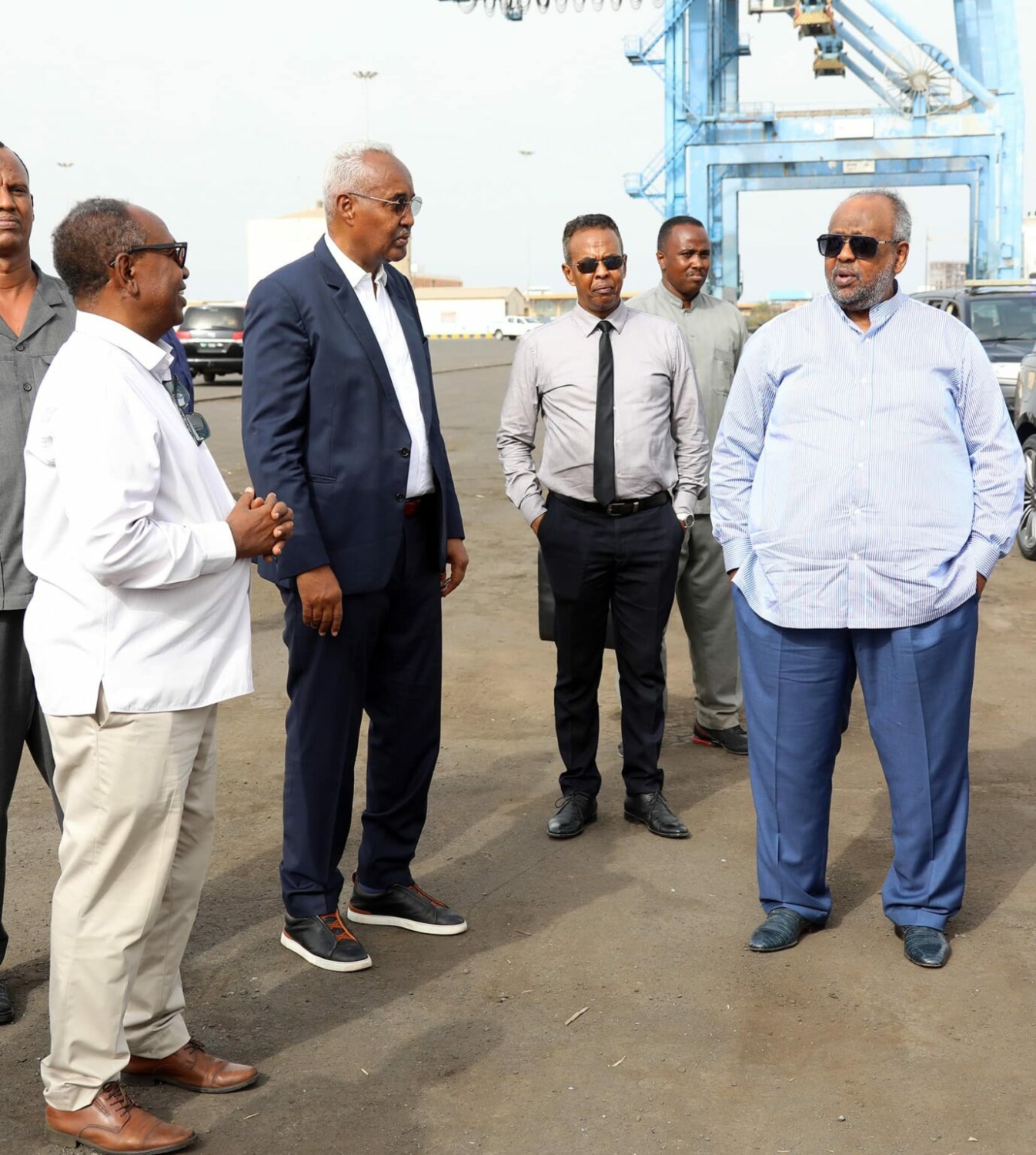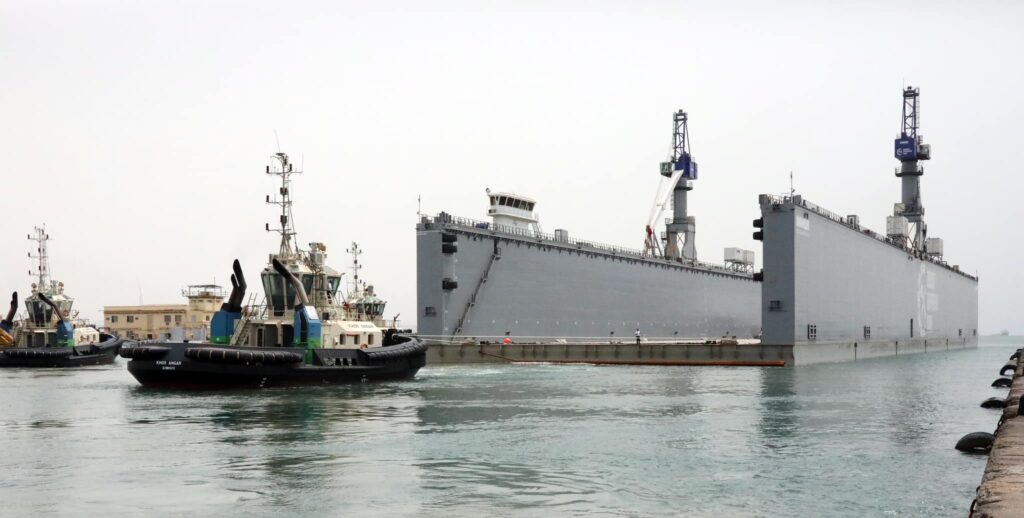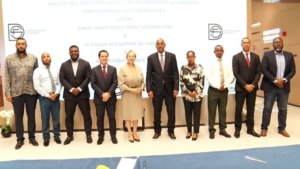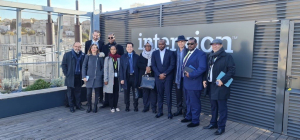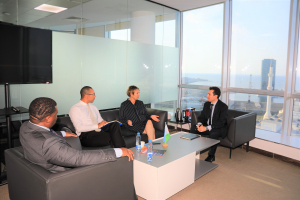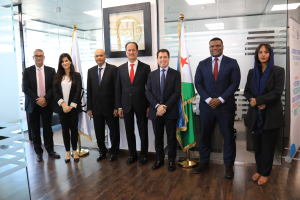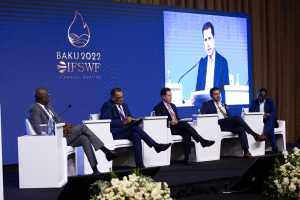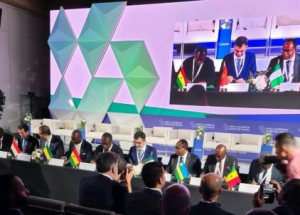Under the auspices of the Minister of Energy responsible for Natural Resources, Mr. Yonis Ali Guedi, the ceremony for the laying of the foundation stone for the construction project for a 25-Megawatt Grand Bara solar power plant took place on this Monday, November 20th, 2023, in Grand Bara.
Indeed, this solar project launched today aligns with President Ismail Omar Guelleh’s Djibouti Vision 2035 and falls within the framework of the national energy system’s profound transformation policy based on harnessing available renewable energies in our country, whether they are from wind, solar, geothermal sources, or derived from tidal power or biomass.
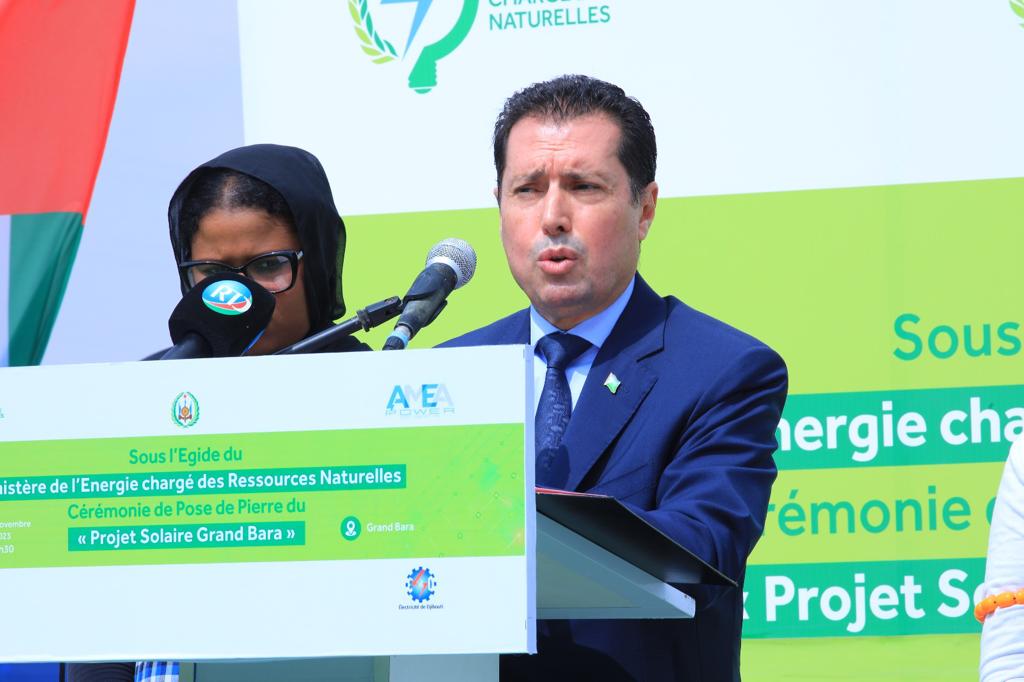
This event took place in the presence of the Minister of Interior, Mr. Saïd Nouh Hassan, the prefect, the region’s parliamentarians from Ali-Sabieh, the President of the Regional Council, the CEO of AMEA Power, Mr. Hussein J. Al Nowais, the CEO of the Djibouti Sovereign Fund, Dr. Slim Feriani, the CEO of Djibouti Electricity (EDD), Mr. Aboubaker Hassan Guessod, senior officials from public institutions, executives from the Ministry of Energy, Okals, as well as representatives from the Ali-Sabieh region’s population.
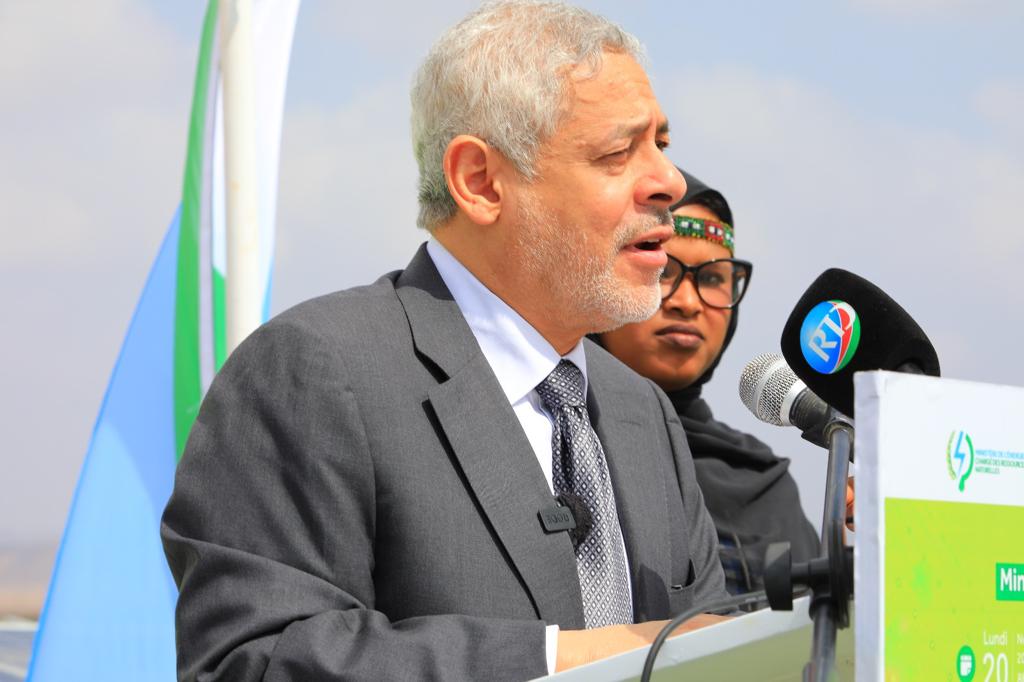
This solar project, to be financed at a sum of 33 million US dollars, equivalent to 6 billion of our francs, is structured under the Public-Private Partnership (PPP) model involving the Ministry of Energy responsible for Natural Resources (MERN), the Emirati company AMEA POWER, the Djibouti Sovereign Fund (FSD), and Electricity of Djibouti (EDD), spanning a duration of 25 years.
The realization of this project will be carried out by GRAND BARA SOLAR SAS, a Djiboutian company established by AMEA POWER and FSD, in accordance with the Public-Private Partnership Law and pursuant to the partnership agreement signed by both parties, making them financial partners in this emerging new structure. The Djibouti Sovereign Fund will play a crucial role as a public representative and will hold 25% of the company’s share capital.
During its construction phase, it’s worth noting that this project will generate hundreds of direct and indirect jobs, invigorate the regional economy through increased socio-economic activities, and reinforce its positive impact across the entire Djiboutian territory in terms of economic growth and sustainable development.
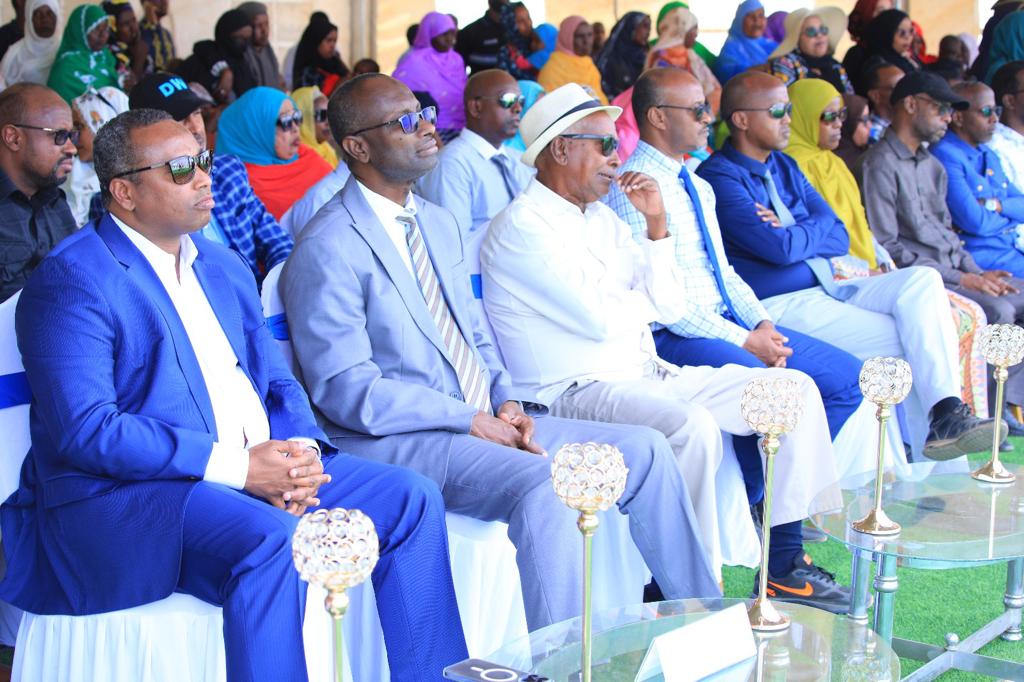
It’s also worth noting that the Grand Bara solar plant will be built within a timeframe of 16 to 18 months and will have an energy production capacity of 25 megawatts. It will be equipped with the most innovative cutting-edge technologies in this field, utilizing the latest generation of solar panels along with a 5-megawatt-hour energy storage battery to stabilize the generated energy. It will be entirely clean and renewable. Integration into the national grid will be facilitated by Electricity of Djibouti (EDD) through a connection to the nearby 63 kV power line, also anticipating a future extension of the plant to reach up to 100 megawatts.
The ceremony for laying the foundation stone of the solar power plant construction project was marked by songs and cultural dances performed by young individuals from the Ali-Sabieh region. Subsequently, it was the turn of the officials to address the gathering.
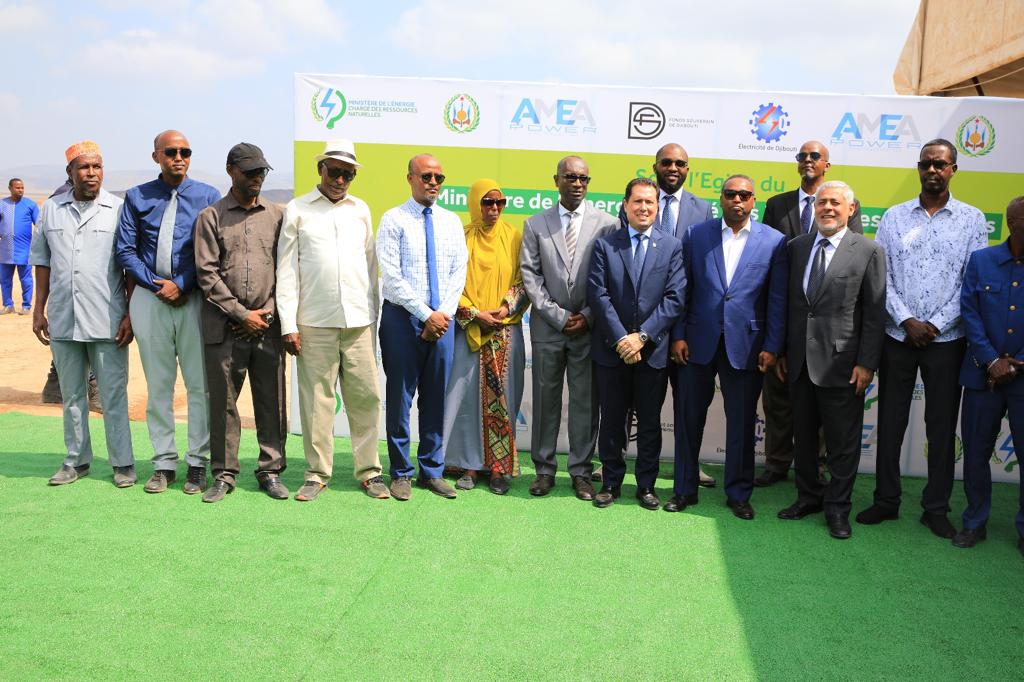
Thus, the CEO of the Djibouti Sovereign Fund, Dr. Slim Feriani, immediately emphasized the role of the FSD in financing large-scale development projects in our country, particularly concerning energy projects. He then indicated that the Djibouti Sovereign Fund served as the financial arm of the state.
He subsequently outlined the numerous activities undertaken by the Djibouti Sovereign Fund since its inception.
As for the Chief Executive Officer of the Emirati company AMEA POWER, Mr. Hussein J. Nowais, he didn’t miss presenting the ins and outs of the Grand Bara solar project. He asserted its significance in Djibouti and East Africa, highlighting solar energy as a boon to stimulate the socio-economic development of our country. Finally, he expressed gratitude to the Djiboutian authorities for their support in the success of this project.
It was then the turn of the Minister of Energy responsible for Natural Resources, Mr. Yonis Ali Guedi, to conclude the series of speeches. The Minister reiterated that the construction project of the Grand Bara solar power plant aligns with President Ismail Omar Guelleh’s Djibouti Vision 2035. After recalling the major objectives pursued through the launch of this solar project, the Minister expressed his gratitude to the CEO of AMEA POWER as well as the CEOs of the FSD and EDD.
After the speeches by the officials, the Minister of Energy responsible for Natural Resources, the CEO of the Djibouti Sovereign Fund, and the Chief Executive Officer of the Emirati company AMEA POWER proceeded to install the first photovoltaic solar panel of the project.
-END-
